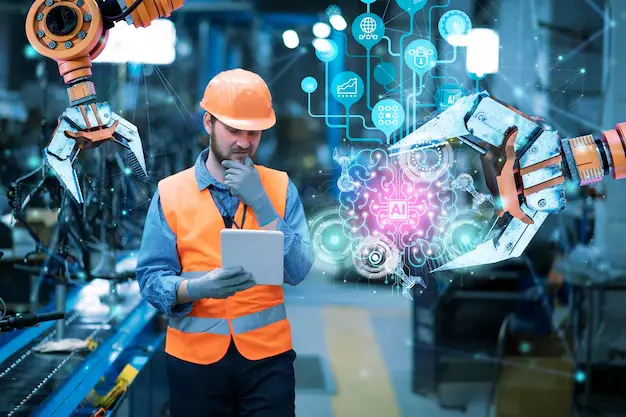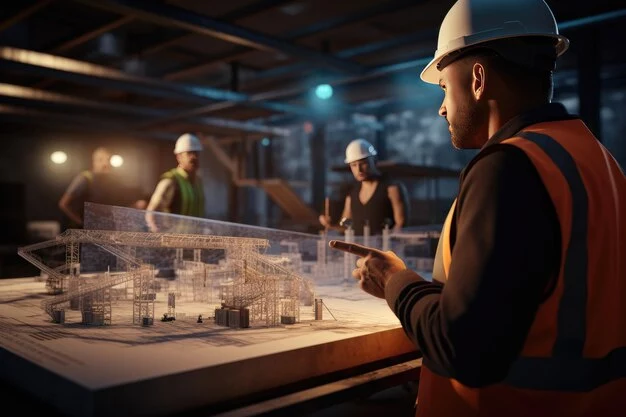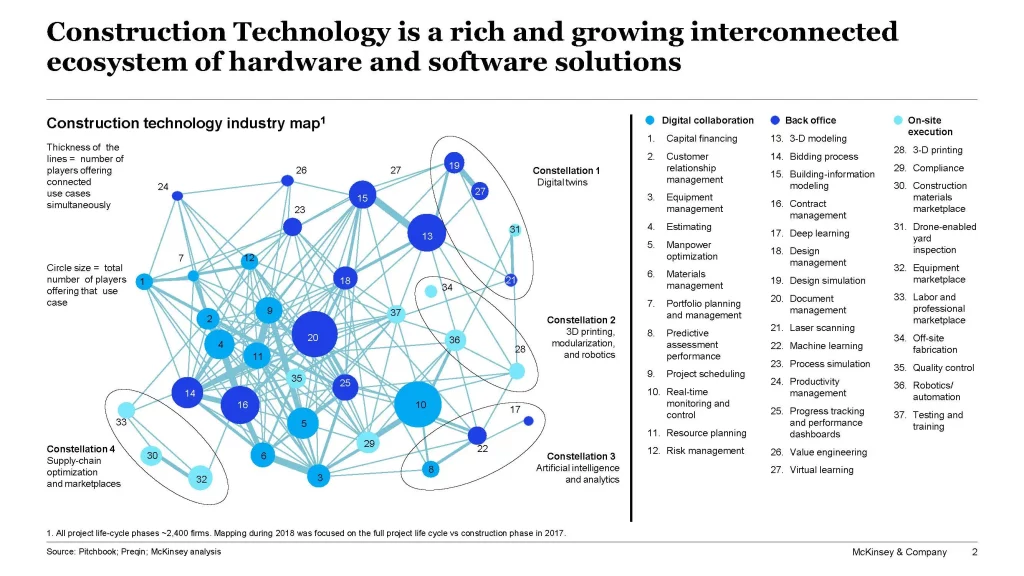
-
Apexlink
Real Estate
-
DLS
General Insurance
-
DMV
Government
-
Entiger
Fintech
-
GIS Mapping
Gas & Petroleum
-
HMS
Employee Benefit
-
HAWA
Government
-
Harley
Community
-
IHG
Hotel & Tourism
-
Sparkseeker
Humane Tech
-
Track Ninja
Sports
-
Response Vision
Disaster Management
- AI/ML Services
- Application Services
- Automation Services
- Cyber Security
- Chatbot Experts
- Data Analysis
- Data Warehouse Services
- Digital Commerce Services
- Digital Transformation
- Infrastructure Service
- Low Code/No Code
- Managed IT Services
- IT Support
- IT Consulting
- IT Outsourcing
- Mobile App Development
- IOS Development
- Android Development
- Cross Platform Development
- Gaming App Development
- Software Development
- System Design & Architecture
- Testing Services
- Web Development
With every step forward in the context of evolution of technology unfolds a whole new set of concerns regarding AI safety. Even though there has been a significant shift in how we perceive AI, a large chunk continues to believe that artificial intelligence is probably hurting the workforce more than it benefits them. Some concerns are valid, true, but the deeper we investigate how AI is touching every aspect of our lives, the more it becomes evident that artificial intelligence solutions can have a tremendously positive impact on everything around us.
If you had mentioned the potential use cases of AI in construction a couple years ago, you would have been subjected to many raised eyebrows and hundreds of questions. Today, however, the transformative potential of artificial intelligence in the construction industry promises improved outcomes for every entity involved.
Let’s delve into the details of the potential of artificial intelligence in construction.
AI and Construction: A Primer
Thanks to technological advancements and digital collaboration, the construction industry has experienced a rapid evolution. Despite the challenges in allocating resources to new technologies amidst ongoing projects, the emergence of artificial intelligence and machine learning presents a transformative opportunity.

There is just so much these cutting-edge technologies are capable of. Enhancing the experiences and outcomes for workers, contracting firms, their clients, AI is contributing to the construction industry in so many ways. It isn’t just about keeping pace with change anymore; it's about leveraging these tools to elevate safety, efficiency, and quality, while also enhancing crucial aspects of the industry.
AI's role extends beyond routine tasks to extend to design and planning, freeing human team members to focus on refining their skills and nurturing their creativity. This synergy between human ingenuity and AI's capabilities can lead to remarkable improvements in overall project execution.
Moreover, AI and machine learning offer predictive insights, enabling teams and companies to streamline workflows and make more informed decisions.
Top Applications of Artificial Intelligence in the Construction Industry
Let’s take a look at the most significant contributions of artificial intelligence technology to the construction industry and relevant domains.
Elevating Design Quality
AI, particularly machine learning, serves as a catalyst in refining architectural designs, ensuring they resonate with human needs and preferences. Many companies are utilizing machine learning to analyze and optimize meeting room usage and timber floor layout optimization. These advancements not only streamline design processes but also pave the way for more sustainable, human-centric construction solutions.
Enhancing Jobsite Safety
AI's prowess extends to bolstering safety protocols in construction environments. Through computer vision, AI can scrutinize and mitigate trip and fall hazards, and enforce compliance with safety norms. With sensors and internet of things(IOT) devices offering real-time monitoring and data logging, leveraging this technology may help transform incident reporting altogether.
Risk Assessment and Mitigation
The true genius of artificial intelligence lies in its ability to foresee and avert risks before they materialize. There are several tools that leverage AI algorithms to prioritize concerns and assess potential risks, empowering construction managers to proactively address challenges. These tools can identify missing submittal items, thereby enhancing cost and schedule risk management.
Prolonging Project Lifespan
AI's role in facility management is crucial in extending the lifespan of construction projects. By automating data classification and real-time condition assessment, AI alleviates the burden of administrative tasks, allowing focus on critical maintenance and repairs. This approach enables more effective space optimization and maintenance planning.
Streamlining through Automation
Just as artificial intelligence business solutions simplifies daily life with smart email filtering and personalized content recommendations, it brings similar efficiency to construction. The latest tools help automate mundane tasks like detecting title blocks and sheet names, freeing professionals to focus on more strategic aspects of their work.
Here’s the bottom line: construction artificial intelligence is more about augmenting human capabilities, enhancing efficiency, and fundamentally improving how we design, build, and maintain our built environment than it is about technological advancement.
AI in Construction: The Way Forward
The advancement of artificial intelligence in construction hinges on a critical factor: the abundance and organization of data.

The AI construction industry thrives on the rich reservoir of data available in construction. This data, akin to the lifeblood of AI, fuels its ability to deliver value and innovate. Looking ahead, the role of design teams might be radically transformed by AI construction software. Rather than manually drafting doors, walls, and windows, AI could potentially capture these requirements, integrating design and construction teams more closely. This integration could lead to quicker generation of construction drawings and a more seamless workflow.

However, the mere presence of data is not sufficient. The true power of artificial intelligence in construction management can only be unleashed when this data is well-organized and integrated. The current landscape, unfortunately, is marred by disparate technology platforms, leading to fragmented and disconnected data pools. To navigate this challenge, the key lies in adopting a connected construction platform that centralizes data, thereby facilitating more effective analysis and the derivation of insights.
We firmly believe that the future of AI in construction industry will witness brand new ecosystems where this data is interconnected, easily accessible, and efficiently utilized. This approach not only enhances AI's capabilities but also fundamentally transforms how construction projects are designed, managed, and executed.
To Wrap It Up
The unfolding narrative of machine learning and building artificial intelligence in the realm of construction heralds a period of exhilarating possibilities, a transformation that begins in the present. It's important to recognize that the future shaped by construction AI is not one where technology usurps human roles, but rather complements them.
Construction, at its core, is an inherently human enterprise, a domain where the personal touch, expertise, and innovative spirit of individuals are irreplaceable. The future, as we envision it, doesn't marginalize these human qualities; instead, developing an AI solution only amplifies them. Machine learning is not a replacement but a tool—a means to showcase and elevate the talents and strides made in our industry.

The rise of AI and human ingenuity is most certainly a catalyst for unprecedented growth and innovation. As we integrate these technologies with our existing methods, we may find that the limits of our capabilities extend far beyond what we currently imagine especially as far as AI in buildings is concerned.







 Blockchain
Blockchain Cloud Computing
Cloud Computing Infrastructure
Services
Infrastructure
Services Metaverse
Metaverse QA
Automation
QA
Automation UI/UX
UI/UX







